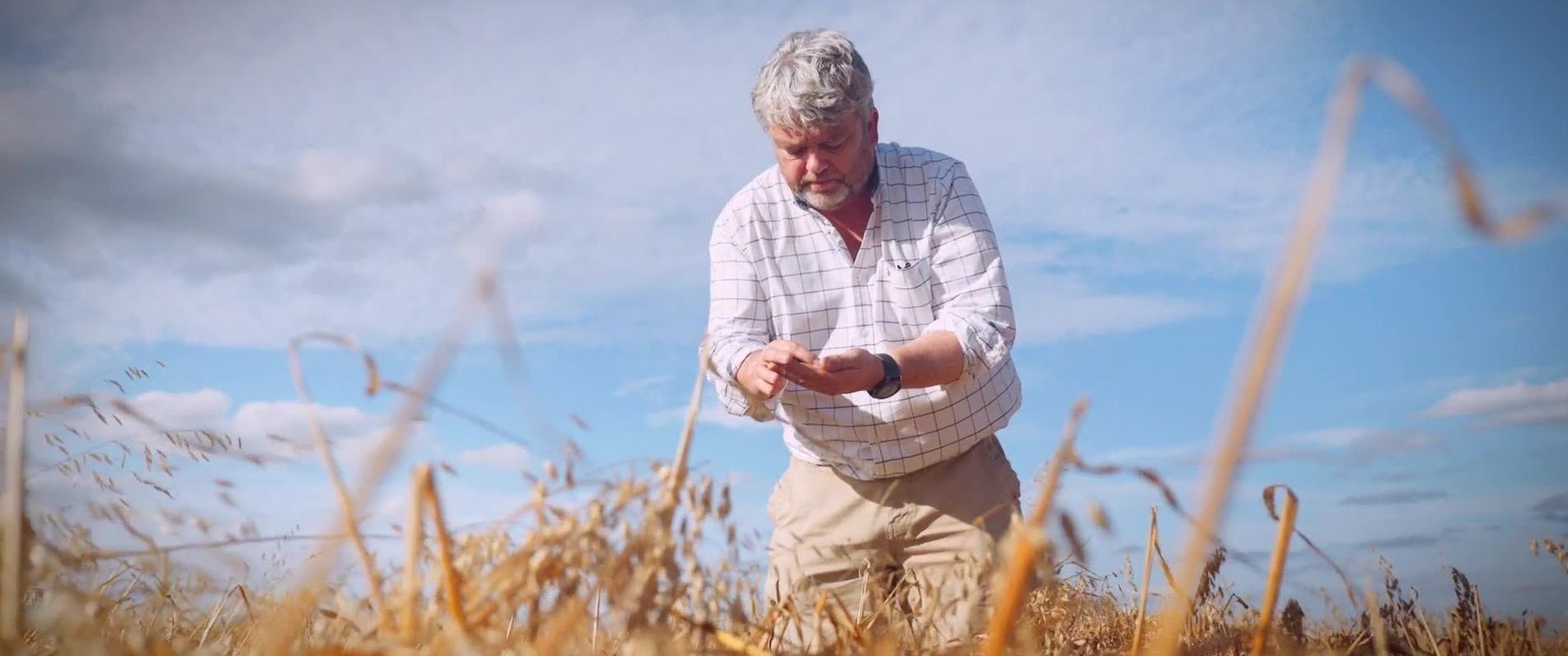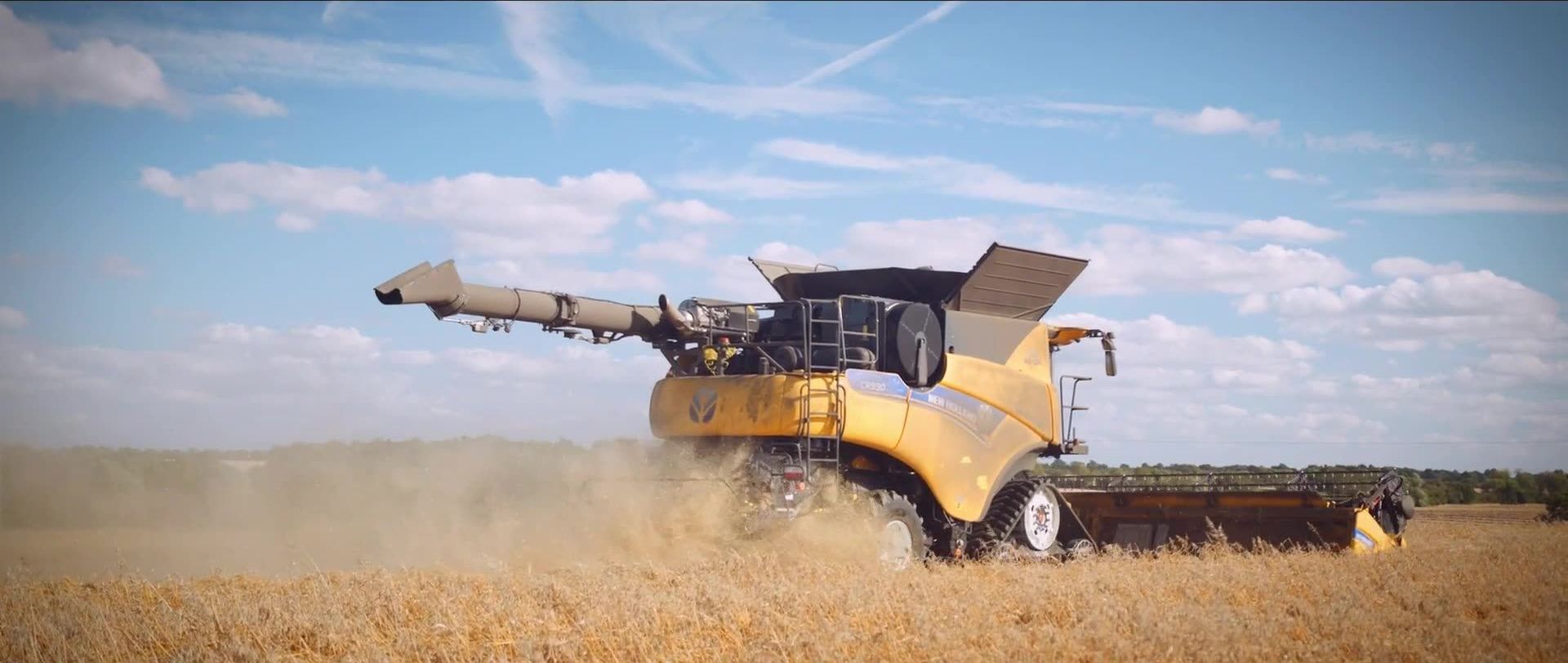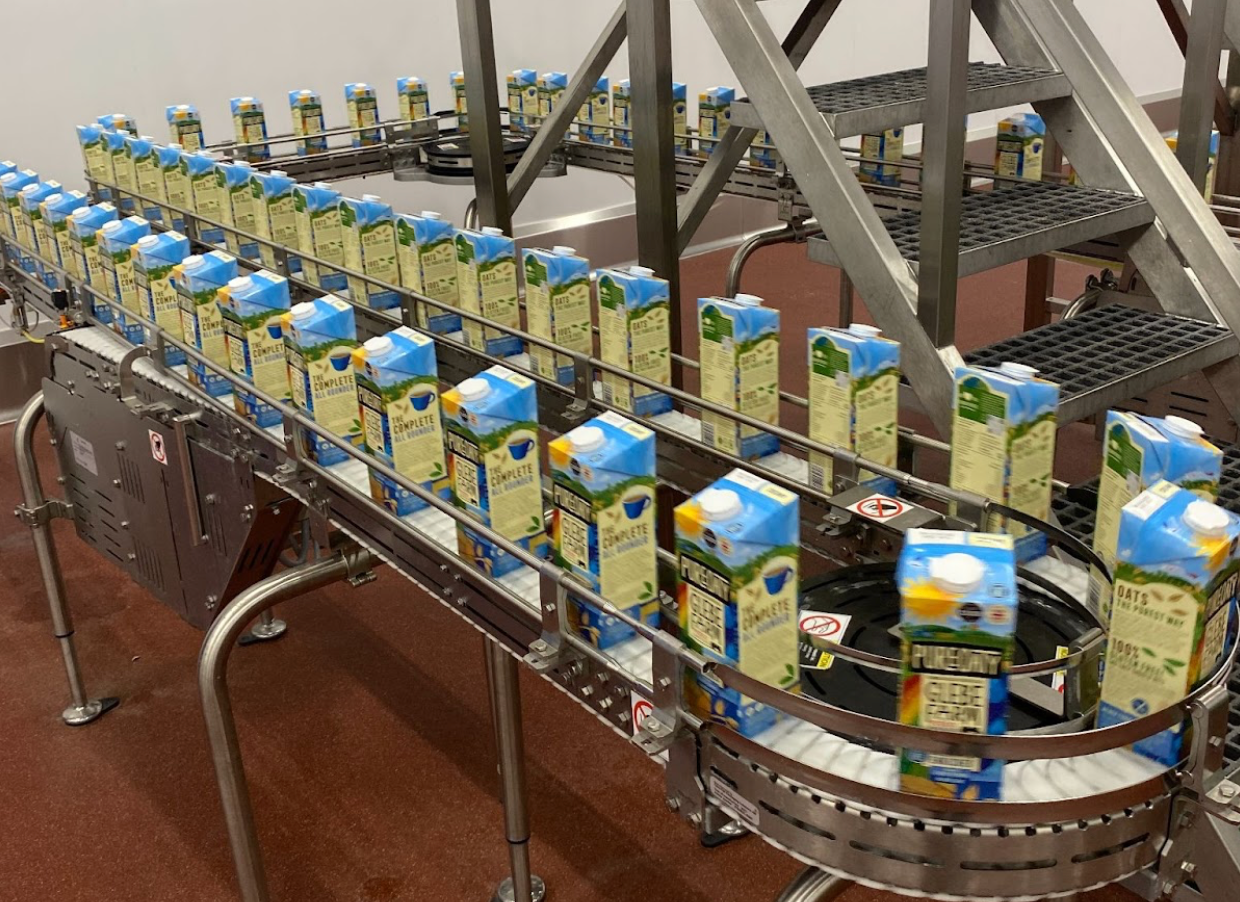
By Philip Rayner, Managing Director, Glebe Farm Foods
Sustainability is more than a principle for us - it’s the foundation of how we grow, produce, and package every product in our PureOaty range at Glebe Farm. From our oat fields in Cambridgeshire to our energy-efficient production line just metres away, every step of the journey is designed to reduce emissions, support biodiversity, and strengthen the British farming community.
Homegrown in Cambridgeshire
All of our oats are sown, grown, and milled in Cambridgeshire. Spanning 100,000 acres, our family farm works with a trusted network of local farmers within a 70-mile radius. This hyper-local supply chain keeps food miles low and helps reduce transport-related emissions while also ensuring traceability and quality from farm to table.
By supporting local farmers, we’re investing in our local economy and creating a resilient, British-first supply model, something we believe is critical in this ever-evolving food landscape.

Sustainable farming practices
Climate resilience starts in the soil. That’s why we’re working collaboratively with farmers to trial regenerative and low-impact farming techniques tailored to our crops and regional conditions.
These include:
- Parallel cropping, which allows for better use of land and improved soil biodiversity.
- Winter cover crops on fallow fields, which prevent nitrate leaching, protect water sources, and improve soil structure.
- Enhancing organic matter to increase water retention, crucial as dry springs become more frequent due to changing climate patterns.
These methods not only help mitigate climate impact but also create environments where pollinators and other native wildlife can thrive.
Zero-waste, powered by nature
We’ve taken steps to ensure that sustainability doesn’t stop at the farm gate. Our production facilities are powered by renewable energy - including solar panels and biomass generators. Importantly, we use oat by-products like inedible husk and chaff to fuel these systems, creating a closed-loop model that ensures minimal waste and maximum efficiency.
In 2023, we invested in a cutting-edge Tetra Pak facility located just 150 metres from our mill. This has allowed us to process, package, and distribute our oat drinks, porridges, and granolas on-site, removing an estimated 100,000 miles of heavy goods vehicle (HGV) transport annually. That’s a major reduction in our carbon footprint and a powerful example of how infrastructure choices can support sustainability goals.

Leading the way in low-carbon food
Our efforts are paying off. Independent analysis by MyEmissions has confirmed that our PureOaty Barista and Tea-riffic oat drinks produce just 0.26kg CO₂e per litre, that’s 50% lower than leading oat drinks and 78% lower than dairy milk. Likewise, our porridge and granola ranges perform significantly better than industry averages.
These figures demonstrate how a local, vertically integrated model can achieve real world environmental benefits. By combining low-impact farming, short supply chains, and renewable-powered production, we’re setting a benchmark for sustainable plant-based foods.
As the demand for sustainable, plant-based options grows, we believe British agriculture and food producers can lead the way, not just in taste and quality, but in integrity. For us, sustainability is not about quick wins. It’s about long-term stewardship of the land, conscious consumption, and empowering customers to make choices that are better for the planet.
Find out more about Glebe Farm’s sustainability story here.
Contributor bio:
Philip Rayner is the co-founder and managing director of Glebe Farm Foods, the UK’s leading grower of gluten-free oats. With a background in engineering, he champions sustainable production and co-created PureOaty, the UK’s first coeliac-certified oat drink, as part of a growing range of porridge and granola offering safe, delicious options for consumers.
Share:
You may also be interested in...














